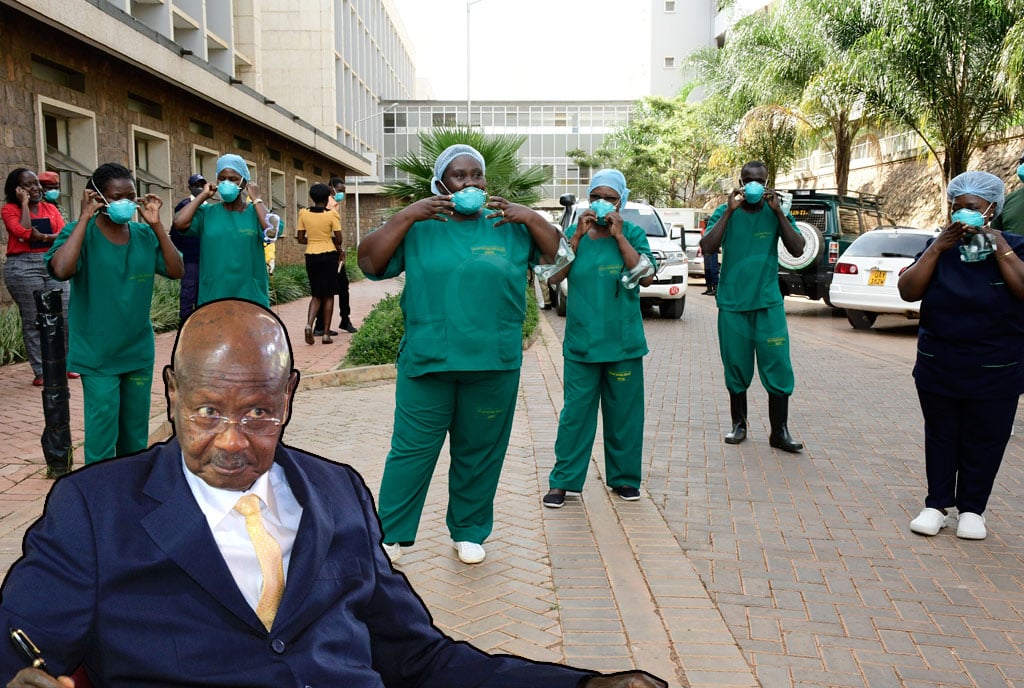Prime
World Bank fund freeze timely for self reflection

Author: Robert Okot. PHOTO/COURTESY
What you need to know:
- Africa needs to tackle its funding problems by strengthening its financial systems and institutions to enhance domestic resource mobilisation.
In an August 8 notice, the World Bank suspended approval of any new public finance projects after Uganda’s enactment of the Anti-Homosexuality Act 2023.
This contradicts the bank’s Articles of Agreement. Article 4(10) prohibits the bank and its officers from interfering in the political affairs of its members or being influenced in their decisions by the political character of a member. It further provides that only economic considerations shall be relevant to their decisions in order to achieve the purposes of the bank.
Reading through the Anti-Homosexuality Act 2023, one can easily notice serious human rights issues. However, for fear of being in contempt of the Sub judice rule, I will not delve into the details of the law. In 2014, the World Bank took similar action in response to the first Anti-Homosexuality Act.
There have been growing concerns about the operations of the World Bank and the International Monetary Fund (IMF). The World Bank, created in 1944, was established with the aim of promoting economic development and reducing poverty in developing countries. However, it is increasingly argued that the bank’s operations and policies reflect a colonial character that perpetuates dependency and exploitation in these nations.
The World Bank and IMF lending policies often prioritise the interests of donor countries over the needs of recipient nations. Historically, the bank has provided loans primarily to support infrastructure projects in developing countries. However, these loans often come with conditions such as privatisation and deregulation, which align with the interests of Western corporations. Consequently, recipient countries are forced to adopt policies that favour the economic agendas of powerful nations, rather than focusing on their own developmental needs.
When state-owned enterprises in Uganda were privatised, there was a decrease in people’s access to essential services such as healthcare. The IMF and the World Bank also encouraged the government to open the Ugandan market to international traders, a move that left domestic producers vulnerable to unfair competition from foreign investors and corporations with more significant financial resources.
This is akin to the exploitative practices of colonial powers, who also extracted resources and controlled key aspects of the economy in colonised nations.
Today, it is the Anti-Homosexuality Act; tomorrow the Kampala administration might be required to sell off Bombo Town as a condition to access funding and just like that, my good friend Mufasa will be homeless.
Major decision-making power is concentrated in the hands of a few powerful nations, primarily from the Global North, yet developing countries, despite being major recipients of the World Bank or the IMF assistance, have limited influence in decision-making processes. This power imbalance mirrors the colonial structures of the past, where colonial powers controlled the policies and destinies of the colonies without regard for their interests or sovereignty.
The global financial system created at the 1944 Bretton Woods Conference was conceived by the wealthiest nations, and it has served them well yet they should be prioritising self-determination and sovereignty of developing countries.
The Bretton Woods Institutions are not about to move away from their colonial style of operation. However, Africa needs to tackle its funding problems by strengthening its financial systems and institutions to enhance domestic resource mobilisation so that we can fund most of our development.
Robert Okot is a human rights and non-profit law attorney. [email protected]




